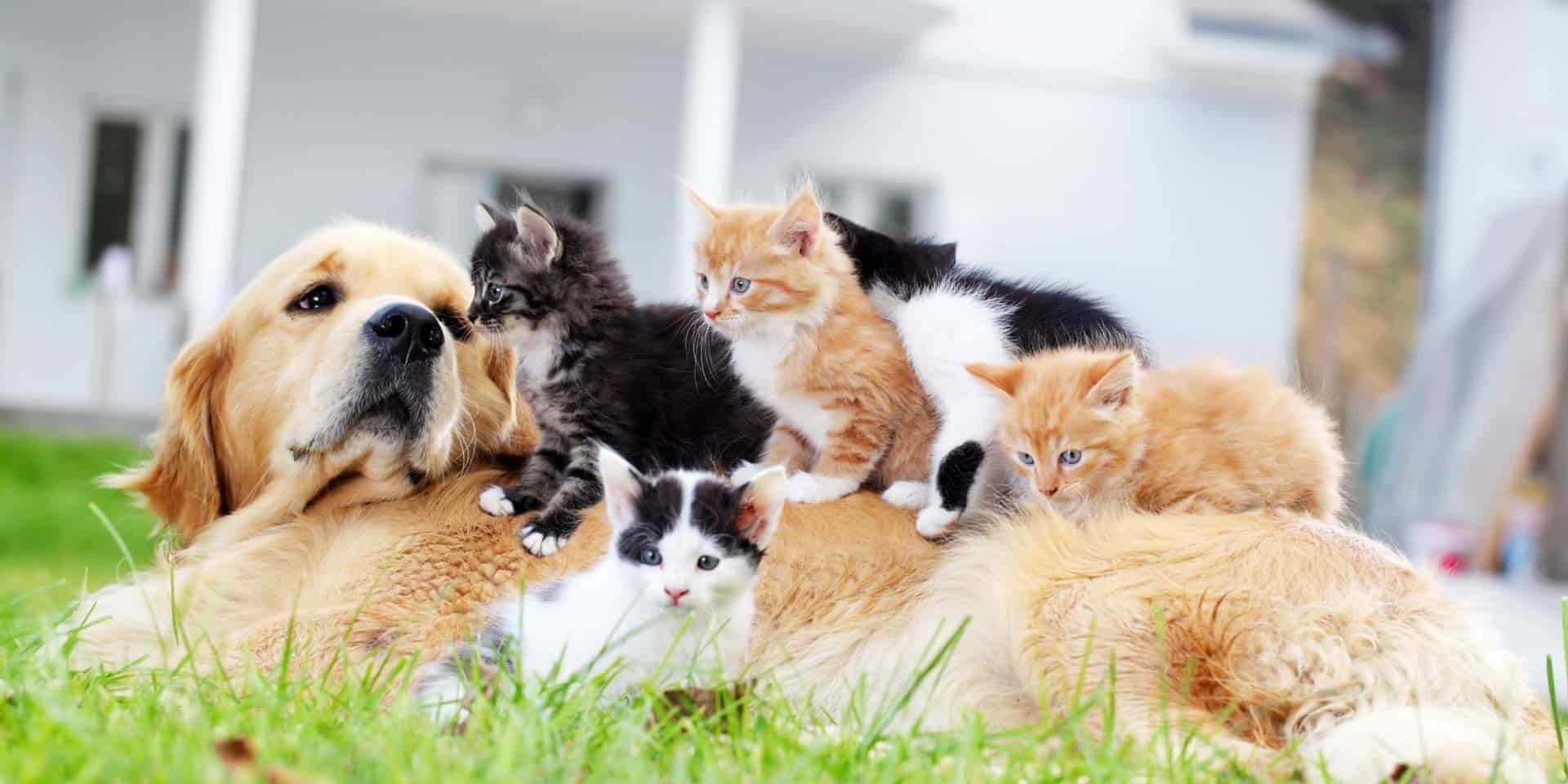Full Finger style glove size Large is currently sold out. Get notified when they are back in stock.
Want FREE shipping on your order? Use the code FREESHIP at checkout.

As a veterinarian, I see an influx in emergency cases in the summer. Some of these emergencies can be prevented entirely. Below is a list of emergency situations and how to keep your pet safe.
Ticks: It is very important to use a tick preventative on your pet. Ticks can be very difficult to spot. The concern with ticks is they can transmit a variety of tick borne diseases, such as Lyme disease. Make sure to check your pet for ticks, especially after they have spent time outside or in wooded areas.
Hit by car: It is very important at a young age that pets are taught basic commands such as sit, stay, and come. With kids accessing the outdoors more in the summertime, with your pet knowing these commands will help to keep them safe. Always make sure their access to the outside is safe and secure as well. Additionally, I avoid using retractable leashes as these are very prone to snap and break.
Injury from other pets: I love taking my dog, Beans, to the dog park and it is one of his favorite activities to do together. But, it’s very important to always keep a close eye on your pet at the dog park. If it is your dog that is showing signs of aggression, it is safer to do another activity outside with them such as a long hike.
Dehydration & Heat Stroke: It is very important to always make sure pets have water available to them as well as places that they can cool off. Any sign such as panting, drooling, red gums, vomiting, diarrhea, and lethargy, are all signs that your pet is overheated. Please always remember: Never leave your pet in a car. Cracking the windows is NOT enough to keep them cool and heat stroke can start within minutes and can be deadly.
Cuts & Abrasions: With pets spending more time outside, we see an increase in cuts and abrasions. This can be from something that they walked on or something that causes them injury while they are hiking or playing. It is always recommended to get these injuries checked by a veterinarian but if the injury is superficial, not actively bleeding, and showing no signs of infection, many times these minor injuries can be treated at home by cleaning the skin and applying an antibiotic ointment.
Bee Stings: Benadryl 1mg/lb every 8 hours can be given. However, if there is swelling or pain at the site, and 1-2 doses of Benadryl are not helping, the pet should be seen. If there is an anaphylactic reaction (facial swelling, hives, vomiting, diarrhea, severe itching, collapse), this is a true emergency and the pet needs to see a vet ASAP.


Dr. Laura Catena is the Founder and President of The ArmOR Hand Gloves.
She graduated from The Ohio State College of Veterinary Medicine and is a small animal veterinarian. Dr. Catena developed The ArmOR Hand Animal Handling Gloves after a life-threatening injury she endured while working emergency medicine. She is a member of the Women's Business Enterprise National Council and an animal welfare advocate.
Have Questions or Need Support?
Be safe. Glove up.|More Feels. Less Force.®
The ArmOR Hand Protective Gloves® are bite resistant, not bite proof.
They can decrease the severity of injury, if injury occurs.